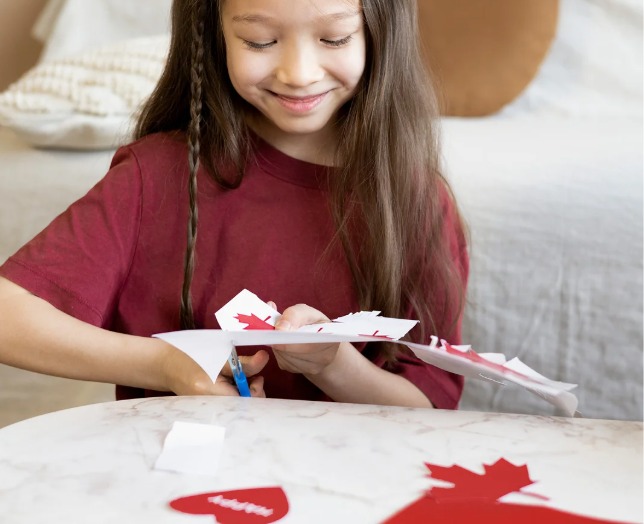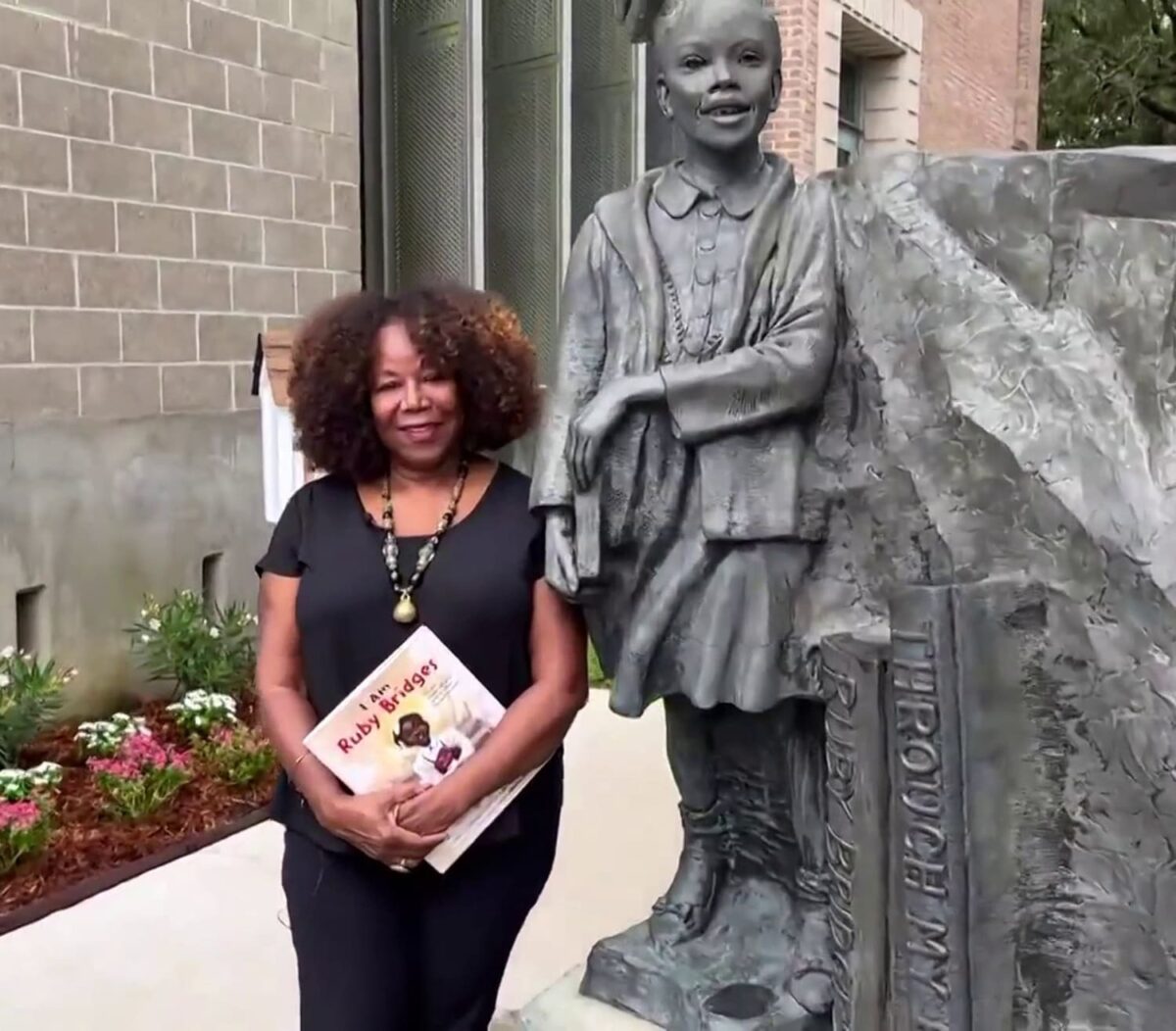No products in the cart.

Strengthening Our Teens’ Mental Wellness Through Conscious Parenting
On March 2nd, we recognized World Teen Mental Wellness Day — a powerful reminder of why conversations about mental wellness are more important than ever. This day was created to break the stigma surrounding teen mental health and encourage open, judgment-free discussions. And as part of the Conscious Parenting Revolution, I want to take a moment to acknowledge something we all experience — challenges with our own mental and emotional well-being.
If you’ve ever felt anxious, overwhelmed, or helpless watching your teen struggle with stress, isolation, or even bullying, know this: you are not alone.
The Hidden Struggles of Our Teens
Today’s teens are navigating immense pressures — from academic stress to social media comparisons and the increasing impact of cyberbullying. While we may wish to shield them from these challenges, our role as conscious parents isn’t to eliminate every difficulty — it’s to equip them with the tools to navigate life’s ups and downs with confidence and resilience.
One question I hear from parents all the time is:
“How can I support my teen when they don’t want to talk about what’s really going on?”
Let’s explore a conscious parenting approach that fosters trust, strengthens communication, and empowers our teens to take charge of their mental wellness.
Active Listening: The Gateway to Trust
When your teen is struggling, your instinct might be to jump in with solutions. But what they often need most is a safe space to express their feelings — without fear of judgment or immediate advice.
That’s where active listening becomes so powerful. It’s about being fully present, creating a non-judgmental space, and validating their emotions before offering guidance.
Instead of asking direct (and sometimes intimidating) questions like “What’s wrong?” try a softer, open-ended approach:
“I notice you’ve been feeling down lately. I’m here to listen whenever you’re ready — no pressure.”
This subtle shift invites conversation instead of pushing them away.

Empathy Before Action
Once your teen feels heard, you can explore ways to support them — without imposing solutions. If bullying or online harassment is involved, it’s essential to take action while still respecting their autonomy.
A conscious parenting approach could sound like:
“I can see this is really weighing on you, and I want to make sure you feel safe and supported. Let’s explore some options together and figure out what feels right for you.”
This reassures them that they are not alone while giving them agency over how they handle the situation.
Teaching Assertiveness: A Lifelong Skill
A key part of fostering mental wellness is teaching teens how to set boundaries and express their needs confidently. Assertiveness is crucial — it’s about advocating for oneself without aggression or passivity.
You can model this in your own conversations by using “I” statements. For example:
“I feel concerned when I see you struggling, and I want to be here for you however you need.”
By teaching and modeling assertive communication, we empower our teens to advocate for themselves in school, friendships, and online interactions.
Resilience: The Foundation of Mental Wellness
Beyond addressing immediate concerns, one of the most powerful gifts we can give our teens is resilience. Encouraging them to engage in activities that build confidence — whether that’s pursuing a hobby, joining a supportive community, or practicing mindfulness — helps lay the foundation for lifelong well-being.
Every challenge is an opportunity for growth. Remind your teen that they are strong, capable, and worthy of support.
A Commitment to Conscious Parenting and Mental Wellness
On World Teen Mental Wellness Day, let’s reaffirm our commitment to raising emotionally resilient, self-aware teens. As parents, we don’t need to have all the answers — we just need to be present, listen with compassion, and empower our children with the tools they need to navigate life’s ups and downs.
If you’re facing a challenge with your teen and need guidance, I’m here for you.
Love and Blessings,
Katherine




 What’s a parenting moment you’re proud of? Hit reply and share your story with me.
What’s a parenting moment you’re proud of? Hit reply and share your story with me.
 CPR Language: Instead of “You always” or “You never,” say “It seems/feels.”
CPR Language: Instead of “You always” or “You never,” say “It seems/feels.”
 Photo by Estate of Stanley Tretick LLC/Corbis via Getty Images
Photo by Estate of Stanley Tretick LLC/Corbis via Getty Images

 See me beautiful, look for the best in me
See me beautiful, look for the best in me









